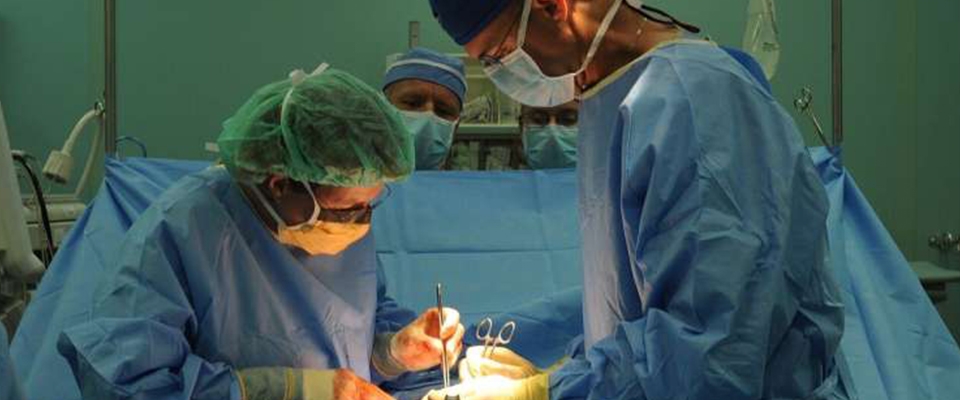
Authors: Cedars-Sinai Medical Center
Source: Medical Xpress
Patients with a dysfunctional aortic heart valve who received a new, prosthetic valve through a minimally invasive procedure had similar outcomes at five years as those who underwent open-heart surgery, a new study shows.
The international multicenter study, with key contributions by the Cedars-Sinai heart team and published in The New England Journal of Medicine, offers a more complete picture to the ongoing dialogue comparing the minimally invasive heart procedure—called transcatheter aortic valve replacement, or TAVR—to open-heart surgery.
"Our data at five years validate that TAVR is a good alternative to open-heart surgery in younger patients with aortic stenosis," said Raj Makkar, MD, Cedars-Sinai's vice president of Cardiovascular Innovation and Intervention, associate director of the Smidt Heart Institute and the study's senior author. "They support routinely offering TAVR, even to patients for whom open-heart surgery wouldn't pose a high risk."
The aortic valve is one of four valves in the heart that open and close to ensure proper blood flow. Aortic stenosis occurs when narrowing in the aortic artery prevents the valve from fully opening, and this impedes the movement of blood through the heart and to the rest of the body.
Transcatheter aortic valve replacement was approved by the U.S. Food and Drug Administration in 2011 for people with severe aortic stenosis who are at high risk for experiencing surgical complications. Today, minimally invasive procedures are increasingly offered to patients as an alternative to surgery.
"These findings support the approach of the Smidt Heart Institute: We individualise therapy to best address the patient's needs," said Eduardo Marbán, MD, Ph.D., executive director of the Smidt Heart Institute. "We offer each patient a comprehensive evaluation of their treatment options, which include surgery and transcatheter procedures like TAVR."
This clinical trial, called PARTNER 3, recruited patients from multiple health institutions in the U.S., Australia, Canada, Japan, and New Zealand. Investigators randomised 1,000 people with severe, symptomatic aortic stenosis to undergo TAVR or surgery. Ultimately, 496 people underwent TAVR and 454 underwent surgery.
The patients were all considered to be at low risk for surgical complications. Investigators assessed the patients before the procedure or surgery, in the days following the procedure or surgery, at hospital discharge, 30 days later, six months later, and annually for five years.
Rates of death, stroke, and rehospitalisation five years post-treatment were similar between patients assigned to TAVR and those assigned to surgery. Death, stroke, or rehospitalisation related to the new valve placement, procedure, or heart failure occurred in 111 of 496 patients in the TAVR group and 117 of 454 patients in the surgery group.
The findings echo those of other clinical trials that compared people who underwent TAVR versus surgery at one-, two-, and three-year intervals post-treatment.
"The choice of TAVR versus surgery should be tailored to each patient based on anatomy, which may affect the success of the first procedure and also the feasibility of a repeat TAVR procedure several years later, when the first valve has degenerated," said Makkar, who is also the Stephen R. Corday, MD, Chair in Interventional Cardiology at Cedars-Sinai.
Investigators will follow the patients enrolled in this study for 10 years to document the durability of the prosthetic valves.
More information
This article was from Medical Xpress and was legally licensed through the DiveMarketplace by Industry Dive. Please direct all licensing questions to [email protected].

Disclaimer: Novartis Ireland Limited accepts no responsibility for the content, accuracy, interpretation or out of use of the information contained within this article or its use of linked websites.


